[Joint CQSE & NCTS Seminar] Challenges for silicon based quantum computing, from material to system perspective
Title: [Joint CQSE & NCTS Seminar] Challenges for silicon based quantum computing, from material to system perspective
Speaker: Dr. Maud Vinet (Co-founder & CEO, Quobly)
Time: 2023/12/8 (Fri.) 14:30-16:00
Place: Rm. 104, Chin-Pao Yang Lecture Hall, CCMS & New Physics Building, NTU
Online: https://nationaltaiwanuniversity-zbh.my.webex.com/nationaltaiwanuniversity-zbh.my/j.php?MTID=mf0a1b4255e96edb93e638803cf473f14
Abstract
It is now well acknowledged that quantum computing (QC) can extendhigh performance computing roadmap and this will lead a large value creation
in all industry domains, ranging from energy, pharmaceuticals, finance...
However, to be a serious contender to classical computers, digital QC will have to
perform large number of quantum operations and thus manipulate large numbers of
quantum bits. Typically, to solve problems beyond classical computer reach, quantum
operations will be over a billion. In this perspective, Si-based quantum computers are a
promising approach to build a quantum processor; thanks to the size of the qubits, the
quality of the quantum gates and the VLSI ability to fabricate billions of closely
identical objects. I will review the current state-of-the-art and present perspectives for
silicon to enable quantum advantage, describing challenges to be tackled from material
to system integration.
Biography
Since 2022, Maud Vinet is CEO of Quobly, a start up company which aims atdeveloping and commercializing quantum computers based on silicon.
Previously, she led the quantum computing program in CEA Leti. For 20 years she ran
technology transfer and development for the semiconductor industry. From 2013 to
2019, she managed the Advanced CMOS activities. From 2009 to 2013, she spent 4
years in Albany (NY, US) to develop Fully Depleted SOI within IBM Alliance together
with STMicroelectronics. Maud Vinet authored or co-authored about 300 papers, she
owns more than 70 patents related to nanotechnology and her Google h-index is 57 with
more than 12000 citations.


